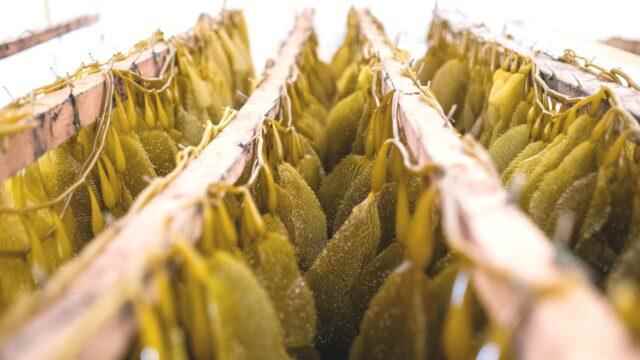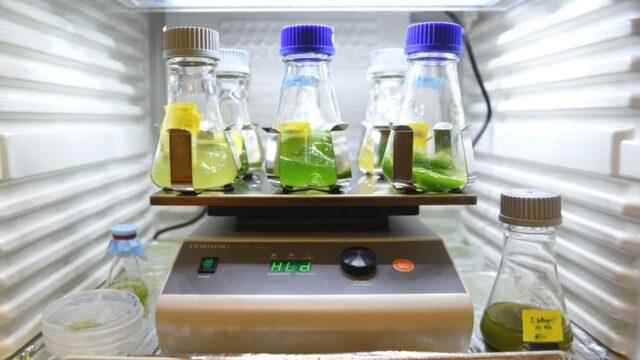It was stated that the insects, which can be eaten by making meat and minced meat produced in the laboratory, can provide great savings in carbon emissions and water, as well as leave the lands to natural life.
These findings come from a study published in the journal Nature Food that calculated the environmental benefits of bringing more “green” foods to our plates.
With the introduction of such foods, scientists say, pressures on the world could be reduced by 80% compared to the typical European diet.
But it’s unclear whether foods will make such a big change in consumers’ eating habits.
An unusual array of foods are being developed that are rich in protein and other nutrients but will be produced using less water and soil.
Experts in Finland studied the nutritional properties of some of these foods and examined three environmental pressures identified as potential carbon emissions from water and land use.
Experts say that consuming alternative foods instead of meat, dairy and other animal products can reduce the negative impact on the environment by more than 80%. On the other hand, it offers a wider range of options in terms of essential nutrients compared to just a vegetarian or vegan diet.
However, it is also among the findings that lower-tech choices such as reducing meat consumption and eating more vegetables will have a similar positive effect on our planet.
Rachel Mazac, from the University of Helsinki, said: “With large reductions in animal-sourced foods, future new foods and alternative plant-based proteins, there can be significant reductions in environmental impacts such as global warming, land and water use. You can reduce it by 75%,” he said.
However, Mazac stressed that “a similar reduction can be noted with a vegan diet.”

The study looked at new foods that are expected to become a larger part of our dietary habits for years to come. Many of these foods are obtained from animal and plant cells in bioreactors using advanced technology by the food “growth” method.
The new foods discussed in the study and some of which are still being researched are as follows;
- Ground beetles and grasshoppers
- Egg white produced from chicken cells in the laboratory
- A type of seaweed called kelp
- Protein powders from fungi and microbes
- edible algae
- Milk, meat and forest fruits obtained from cells
Cambridge University’s Dr. Asaf Tzachor said these findings are “promising”, but that consumers’ reluctance to give up on their diets “could delay or even prevent such a much-needed transformation.”
Countless studies have shown that switching to plant-based eating habits is beneficial for both our health and our planet.
In a report published last day by the Intergovernmental Panel on Climate Change, it was recommended to consume meat and dairy products, mainly grains and vegetables, and in small quantities sustainably produced.
